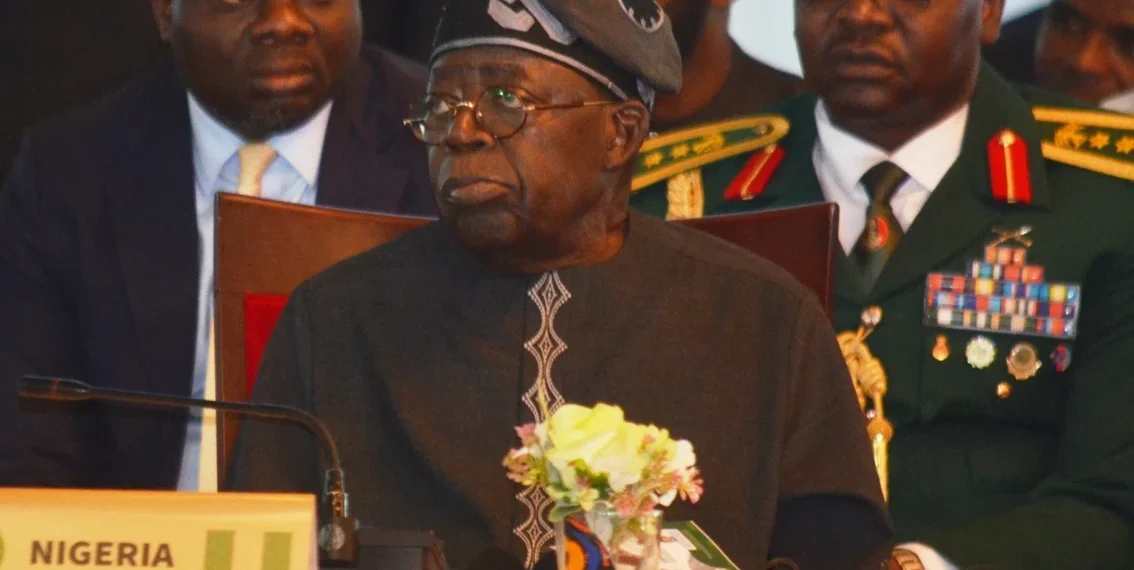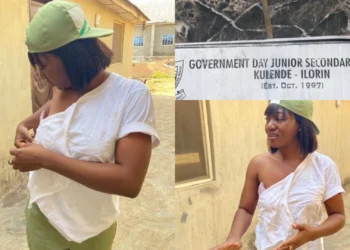ABUJA — As the world watches, Nigeria stands at a crossroads: prioritize the rising death toll of innocent civilians or the plunder of its resources, all under the looming shadow of a forceful warning from U.S. leader Donald Trump.
On one side, Trump has declared that the United States might deploy troops or carry out air-strikes in Nigeria unless the government cracks down on what he calls the “mass killing of Christians.” (Reuters) On the other side, Nigeria’s vast oil fields, rare-earth deposits and strategic minerals remain tempting for both domestic elites and foreign actors – making resource-security a parallel crisis.
For Nigeria the priority cannot simply be “choose one” – the two issues are intertwined. (euronews)
The Life-Loss Front
Thousands of Nigerians have been killed in conflicts tied to farmer-herder violence, Islamist insurgency and local banditry. The tragedy is most visible when entire villages are razed, worshippers killed and children left orphaned. While the religious angle—attacks on Christians—has become a focal point, analysts caution that many victims are Muslims as well, and the motives often stem from land, resources and governance rather than faith alone. (PBS)
If securing lives was the top priority, Nigeria would need to dramatically upscale security reforms: real-time intelligence sharing, protection of vulnerable villages, prosecuting perpetrators, and ensuring the rule of law.
The Resource-Grab Front
Simultaneously, Nigeria is grappling with the looting and mis-management of its natural wealth. Whether oil, gas, minerals, or fertile farmland, the resources fuel conflict, corruption and external interest. Some observers even suggest that the U.S. threat partly reflects desire to secure access to Nigeria’s strategic natural assets. (euronews)
The government must ask itself: Are we defending our citizens and our assets? Or are our priorities misaligned? Addressing violence without curbing resource decay will only delay the reckoning.
Why the U.S. Threat Raises the Stakes
Trump’s ultimatum – stop the killing of Christians or face aid cuts and potential military intervention – shifts the narrative: Nigeria’s internal security issue becomes part of global diplomacy and power play. (Politico)
For Nigeria, this means the cost of inaction is no longer domestic alone. It becomes international: loss of sovereignty, loss of aid, or worse. This is a critical moment to show action or risk external intervention.
What Should Nigeria Do – First Moves
- Immediate life-saving reforms: Deploy rapid-response teams in hit-hard areas; protect vulnerable populations regardless of creed; ensure justice for victims.
- Resource safety net: Audit and secure natural-resource flows; tackle corruption in extractives; ensure local communities benefit and are protected.
- Diplomatic reset: Engage with the U.S. and others from a position of strength – accept assistance only on terms that respect sovereignty and focus on both protection of lives and resources.
- Unified narrative: Move beyond religious framing alone; acknowledge the mix of motives (land, religion, poverty, governance) to build a broader coalition for change.
The Big Picture
Nigeria is being scrutinised not just for how many lives are lost, but also for what those losses cost the nation in control over its own destiny. The U.S. has drawn a line: lives matter. Nigeria must decide whether to step forward – or risk watching both its people and its patrimony slip away.










